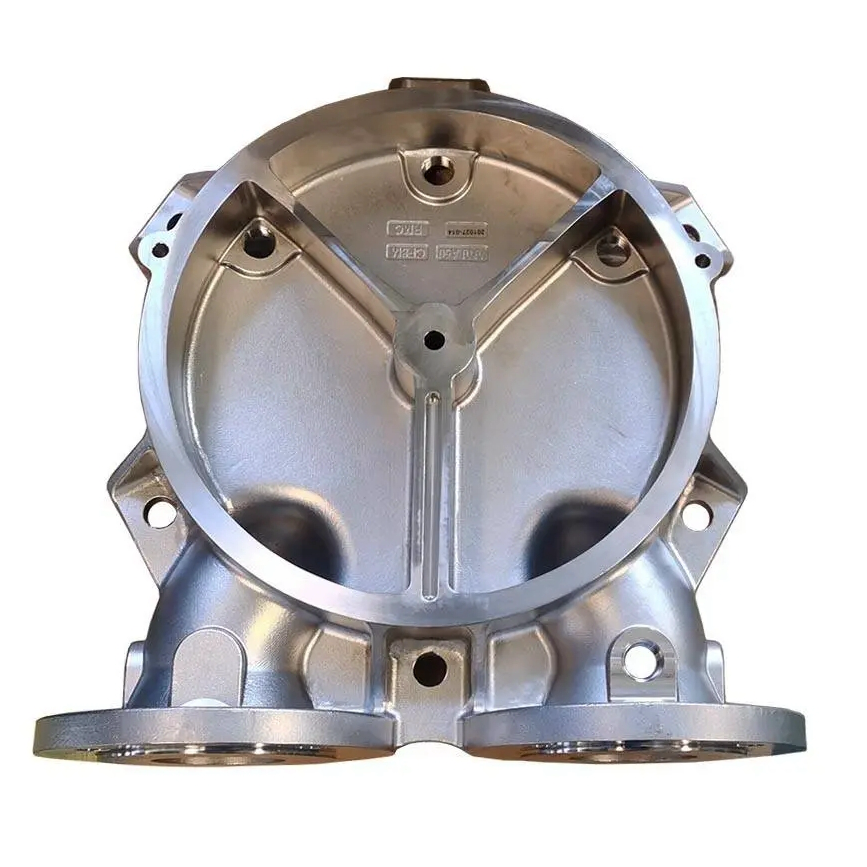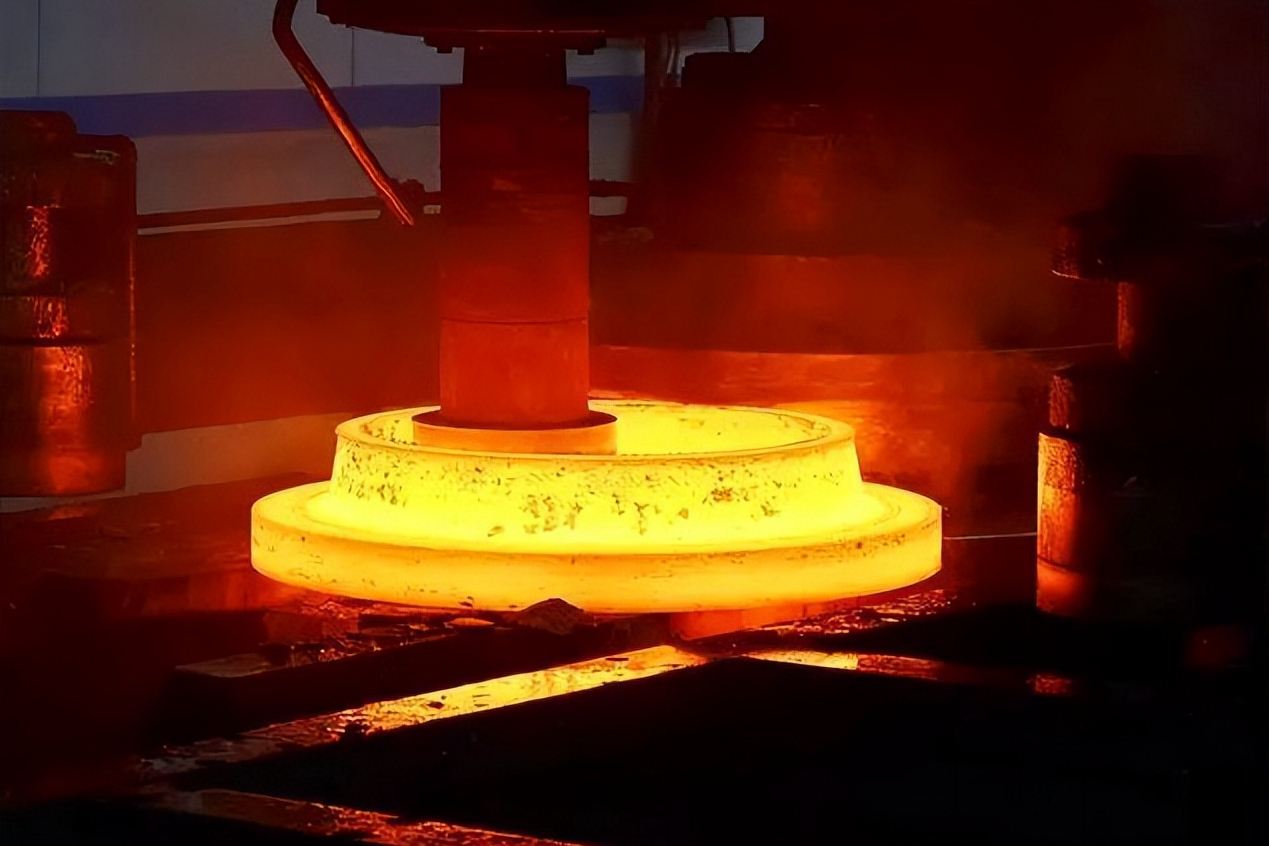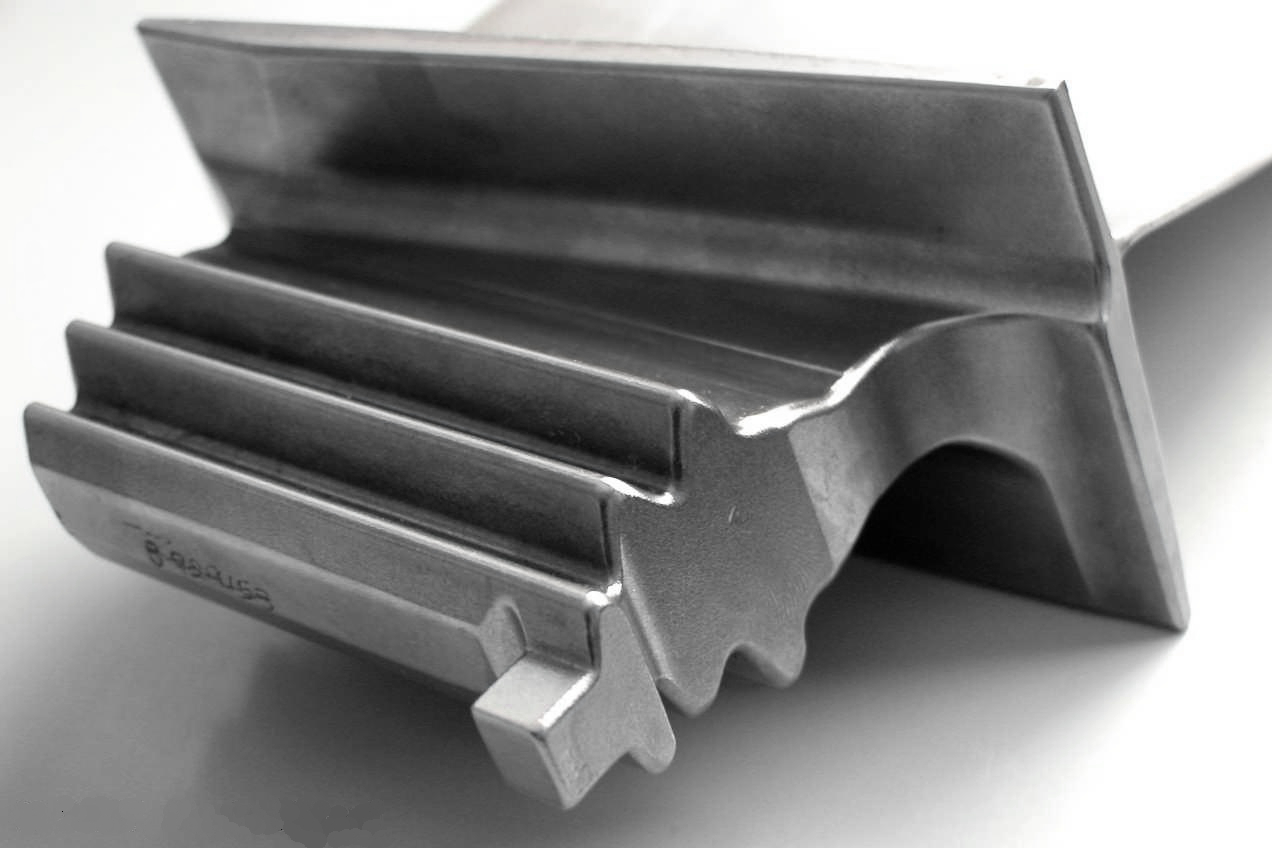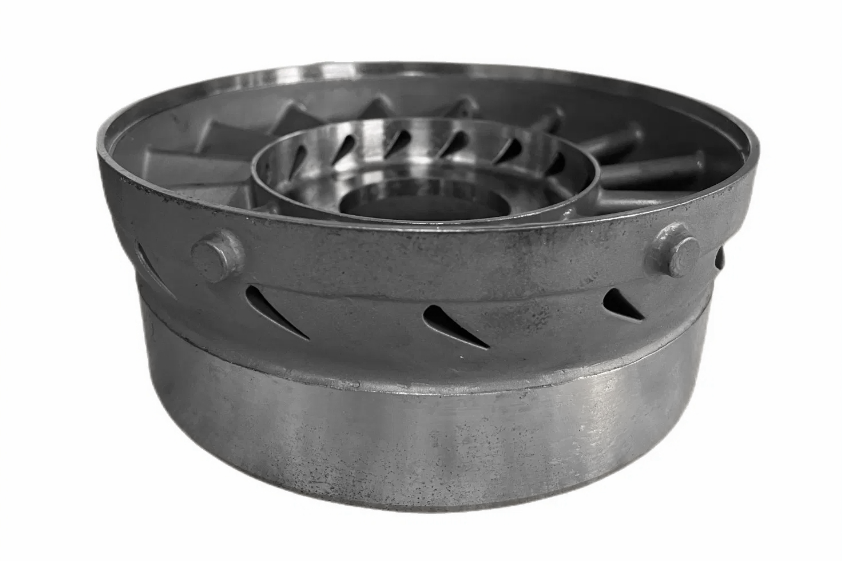Monel 400
About Monel 400
Monel 400, Nickel-Copper Alloy 400, or Nicorros 400, is designated under American Standard UNS N04400. It conforms to ASTM B127, B164, and DIN 2.4360, with equivalent grades in British (BS3072: NA1) and Chinese (GB/T 4435) standards. It is widely recognized by standards such as AMS 4544 and ASME SB-164, ensuring consistency in critical industries.
Monel 400 Basic Introduction
Monel 400 is a solid solution alloy composed primarily of nickel and copper. With at least 63% nickel content, it demonstrates high strength, toughness, and corrosion resistance in marine and chemical applications. The alloy maintains mechanical integrity under extreme conditions, resisting acids, alkalis, and saltwater environments.
Monel 400 is used in diverse industries, including chemical processing, aerospace, marine engineering, and oil and gas. Its ability to retain strength across a wide temperature range and excellent thermal fatigue resistance make it ideal for demanding environments.

Alternative Superalloys of Monel 400
Alternative materials to Monel 400 include Inconel 625 and Hastelloy C-276, which offer enhanced corrosion resistance and higher temperature performance. However, Monel 400 remains superior for marine applications due to its resistance to seawater corrosion.
Nimonic 75 and 80A can also serve as substitutes in marine and chemical industries, though they offer higher heat resistance at the expense of corrosion performance. Stainless steel alloys, such as 316L, are alternatives for applications where high strength is not required, but corrosion resistance is still essential.
Monel 400 Design Intention
The primary design goal for Monel 400 was to create an alloy with superior corrosion resistance in harsh marine environments, particularly in seawater and acidic conditions. The high nickel content ensures durability in reducing environments, while the copper enhances corrosion resistance to sulfuric and hydrofluoric acids.
Monel 400's design also focuses on providing high mechanical strength and good fatigue resistance across various temperatures. This makes it suitable for critical applications such as heat exchangers, valves, and pump components in chemical and marine industries.
Monel 400 Chemical Composition
Monel 400 combines nickel and copper to provide exceptional corrosion resistance, particularly in seawater and acidic environments. Iron and manganese add to their mechanical strength, while carbon and sulfur are kept to a minimum to avoid brittleness.
Monel 400 Chemical Composition
Element | Percentage (%) |
|---|---|
Nickel (Ni) | 63.0 min |
Copper (Cu) | 28.0 – 34.0 |
Iron (Fe) | 2.5 max |
Manganese (Mn) | 2.0 max |
Silicon (Si) | 0.5 max |
Carbon (C) | 0.3 max |
Sulfur (S) | 0.024 max |
Monel 400 Physical Properties
Monel 400 has a density of 8.8 g/cm³ and a melting point of 1350°C, which allows it to perform in high-temperature environments. Its 21.8 W/(m·K) thermal conductivity ensures efficient heat dissipation. With an elastic modulus ranging between 179 and 200 GPa, Monel 400 exhibits excellent mechanical stability.
Monel 400 Physical Properties
Property | Value |
|---|---|
Density | 8.8 g/cm³ |
Melting Point | 1350°C |
Thermal Conductivity | 21.8 W/(m·K) |
Elastic Modulus | 179 – 200 GPa |
Metallographic Structure of Monel 400 Superalloy
Monel 400 exhibits a single-phase solid solution structure, where nickel and copper are mutually soluble across the entire range. This homogenous structure contributes to the alloy's excellent mechanical properties and corrosion resistance. It also ensures uniform behavior under thermal stress, minimizing the risk of failure.
Monel 400’s metallographic stability prevents intergranular corrosion and pitting in marine and chemical environments. Its microstructure allows for stable performance in highly corrosive environments, including acid, alkalis, and brine exposure.
Monel 400 Mechanical Properties
Monel 400 offers tensile strengths between 480-550 MPa, with a yield strength of 170-345 MPa. It performs well under thermal fatigue up to 400°C, maintaining its mechanical properties without degradation. Its Rockwell hardness lies between B70 and B80, with excellent elongation of 30-40%.
Monel 400 Mechanical Properties
Property | Value |
|---|---|
Tensile Strength | 480 – 550 MPa |
Yield Strength | 170 – 345 MPa |
Hardness | Rockwell B70 – B80 |
Elongation | 30 – 40% |
Thermal Fatigue Resistance | Effective at ~400°C |
Key Features of Monel 400 Superalloy
Exceptional Corrosion Resistance Monel 400 is known for its superior resistance to seawater and chemical corrosion. It can withstand exposure to acids, alkalis, and saltwater, making it ideal for marine applications.
High Mechanical Strength Monel 400 offers high tensile strength (480-550 MPa) and yield strength (170-345 MPa). This ensures mechanical integrity in demanding chemical processing and offshore environments.
Thermal Fatigue Resistance The alloy performs efficiently at elevated temperatures, withstanding up to 400°C without losing strength. This makes it a reliable material for heat exchangers and pressure vessels.
Good Ductility and Toughness With elongation values ranging from 30-40%, Monel 400 ensures excellent toughness and ductility, essential in dynamic environments with fluctuating stresses.
Versatile Applications Monel 400 is used in various industries, including marine, chemical processing, and aerospace. Its ability to withstand high pressures and corrosive environments makes it suitable for heat exchangers, pumps, and valves.
Monel 400 Superalloy’s Machinability
Vacuum Investment Casting: Monel 400 is unsuitable for Vacuum Investment Casting due to its high copper content, which complicates precise casting and increases the risk of segregation and porosity.
Single Crystal Casting: Monel 400 cannot be used for Single Crystal Casting as its composition does not support forming a single-crystal structure, which is essential for aerospace and turbine applications.
Equiaxed Crystal Casting: Monel 400 is not ideal for Equiaxed Crystal Casting, as its properties favor corrosion resistance over specific grain structure control, typically needed for high-temperature applications.
Superalloy Directional Casting: Monel 400 is not used in Directional Casting, as its mechanical properties are more suitable for ambient and low-to-moderate temperatures, unlike materials requiring directional solidification.
Powder Metallurgy Turbine Disc: Monel 400 is not recommended for Powder Metallurgy Turbine Disc applications because it lacks the high-temperature strength required for critical rotating parts in turbines.
Superalloy Precision Forging: Monel 400 can be used for Precision Forging, especially in components requiring high corrosion resistance, such as marine or chemical processing valves and shafts.
Superalloy 3D Printing: Monel 400 is printable using powder-based 3D printing techniques, making it valuable for creating complex, corrosion-resistant custom components.
CNC Machining: Monel 400 is an excellent candidate for CNC Machining due to its good ductility and toughness, though it requires specialized tools to address work hardening during machining.
Superalloy Welding: Monel 400 is weldable with suitable techniques, such as TIG and MIG welding, and performs well in applications needing corrosion-resistant joints.
Hot Isostatic Pressing (HIP): Monel 400 is compatible with HIP processes, enhancing its density and mechanical properties for critical service environments.
Monel 400 Superalloy Applications
Aerospace and Aviation: Monel 400 is used in fuel tanks, exhaust systems, and hydraulic lines due to its corrosion resistance and durability in aerospace environments.
Power Generation: Monel 400 serves in steam generators, turbine components, and heat exchangers, providing resistance to corrosion and pressure over extended service cycles.
Oil and Gas: Monel 400 is preferred in pipelines, valves, and offshore platforms for its ability to withstand seawater and sour gas environments.
Energy: Monel 400 components are found in power plants and solar energy systems in the energy sector, where corrosion resistance and reliability are critical.
Marine: Monel 400 is widely used for propeller shafts, seawater valves, and fittings in marine vessels due to its outstanding resistance to seawater corrosion.
Mining: Monel 400 is employed in pumps, conveyors, and valves exposed to abrasive environments and chemical agents used in mining operations.
Automotive: Monel 400 is found in exhaust systems and sensors, providing durability and corrosion resistance in high-performance automotive components.
Chemical Processing: Monel 400 is ideal for reactors, heat exchangers, and pipelines, handling acidic and alkaline substances with ease.
Pharmaceutical and Food: Monel 400 ensures hygienic processing in pharmaceutical and food industries, resisting corrosion from cleaning chemicals and food-grade acids.
Military and Defense: Monel 400 is used in defense equipment for its corrosion resistance and ability to perform under harsh environmental conditions.
Nuclear: Monel 400 is utilized in reactors and control rod components, providing reliable performance under radiation exposure and corrosive coolant environments.
When to Choose Monel 400 Superalloy
Monel 400 is the right choice when custom superalloy parts are needed for environments where corrosion resistance is paramount. It excels in seawater, chemical, and acidic environments, making it essential in marine, oil, gas, and chemical processing industries. Monel 400 is also used in aerospace for fuel tanks and hydraulic systems, and in power generation for heat exchangers. Additionally, its ability to withstand mechanical stress and thermal cycling makes it suitable for demanding applications in military and nuclear sectors.
Choose Monel 400 when long-term durability, resistance to extreme environments, and high mechanical strength are required, even in corrosive conditions.



